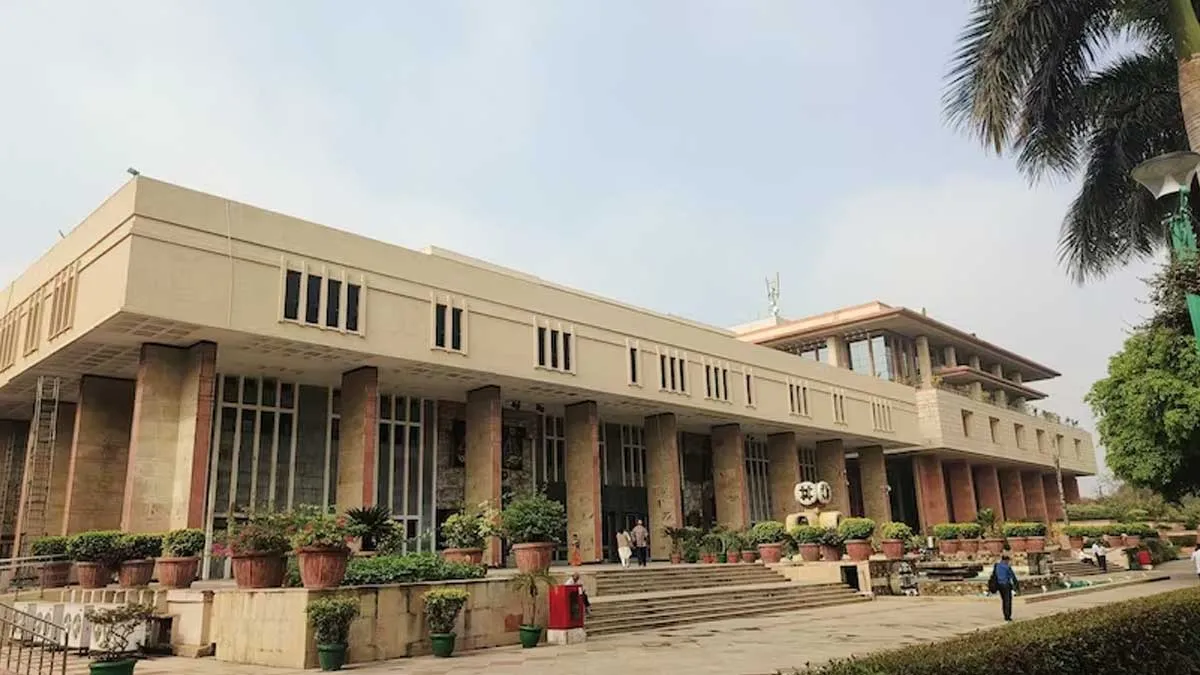
The Delhi High Court, in a significant judgment, stated that agreeing to a sexual relationship does not mean giving permission to record private moments or share them on social media. While denying bail to a man accused of rape, Justice Swarana Kanta Sharma stressed that such consent cannot be stretched to include the misuse or exploitation of someone’s private photos or videos.
"Even if the complainant had consented to sexual relations at some point, it cannot be interpreted as consent to record or post inappropriate videos of her on social media platforms," Justice Sharma stated. Further details of the case are provided below.
The Delhi High Court recently ruled that a woman’s consent to engage in a sexual relationship cannot be interpreted as consent to record or share her private moments on social media. Rejecting a bail plea, Justice Swarna Kanta Sharma stated as per Live Law, “Consent to physical intimacy does not extend to the misuse or exploitation of someone’s private moments or their portrayal in an inappropriate or degrading manner.” The judgement, pronounced on January 17, 2025, was made public on Tuesday, January 21, 2025.

Don't Miss: Woman Disapproving Son's Relationship Not A Ground For Suicide Abetment: Supreme Court
The case involved a 26-year-old man accused of rape by a woman who filed the complaint in 2024. According to the woman, the man had given her a loan of ₹3.5 lakh and later used it as leverage to blackmail her into fulfilling his sexual demands. The complaint alleged that he coerced her into undressing during a video call and forced physical relations with her by threatening to release her videos. She further claimed that the man eventually posted her inappropriate videos on social media platforms.
In his defence, the accused argued that the allegations were baseless and stemmed from a personal dispute. His advocate, Sumit Kumar, contended that the woman had willingly entered a consensual relationship with the man and filed the complaint only after failing to repay the loan.

The High Court emphasised that consent to engage in physical intimacy does not extend to the exploitation or misuse of a person's private moments or their portrayal in an inappropriate and degrading manner.
Additionally, the Court rejected the characterisation of the relationship between the complainant and the accused as a mere ‘friendship simpliciter,’ where financial assistance is offered between friends.
Don't Miss: Unspoken Divorce Facts: Alimony Laws You Probably Didn’t Know About, As Per Lawyers
It observed that the accused had prima facie exploited the relationship under the pretext of a loan arrangement. The Court noted that even in a loan transaction between friends, one party cannot misuse the situation to exploit the other's vulnerability or compromise their dignity, as reported by Live Law.
The court noted that while the initial sexual encounter may have been consensual, subsequent acts were reportedly rooted in blackmail, with the accused using private videos to exert control over the complainant.
Keep reading Herzindagi for more such stories.
Credits: Freepik/Delhi High Court Twitter
Also watch this video
Herzindagi video
Our aim is to provide accurate, safe and expert verified information through our articles and social media handles. The remedies, advice and tips mentioned here are for general information only. Please consult your expert before trying any kind of health, beauty, life hacks or astrology related tips. For any feedback or complaint, contact us at [email protected].